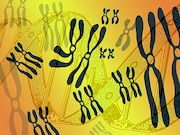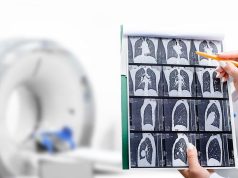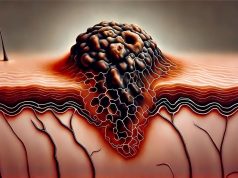Automated, retrospective diagnoses concurred well with expert manual interpretation
THURSDAY, April 25, 2019 (HealthDay News) — A machine learning process and clinical natural language processing (CNLP) can rapidly diagnose rare genetic diseases, according to a study published in the April 24 issue of Science Translational Medicine.
Michelle M. Clark, Ph.D., from the Rady Children’s Institute for Genomic Medicine in San Diego, and colleagues describe a platform for genetic disease diagnosis using automated phenotyping and interpretation. Bead-based genome libraries were prepared directly from blood samples, and paired 100-nt reads were sequenced in 15.5 hours. Children’s deep phenomes were automatically extracted from electronic health records with CNLP.
The researchers found that a mean of 4.3 CNLP-extracted phenotypic features matched the expected phenotypic features of 105 genetic diseases in 101 children; using manual interpretation, 0.9 phenotypic features matched. By combining the ranking of the similarity of a patient’s CNLP phenome with respect to the expected phenotypic features of all genetic diseases, together with the ranking of the pathogenicity of all the patient’s genomic variants, provisional diagnosis was automated. There was good concurrence for automated, retrospective diagnoses with expert manual interpretation (97 percent recall and 99 percent precision in 95 children with 97 genetic diseases). The platform correctly diagnosed three of seven seriously ill children in the intensive care unit, with 100 percent precision and recall, saving 22.19 hours. The diagnosis affected treatment in each case.
“By informing timely targeted treatments, rapid genome sequencing can improve the outcomes of seriously ill children with genetic diseases,” Clark said in a statement.
Several authors disclosed financial ties to the biopharmaceutical industry. One author has filed a study-related patent.
Copyright © 2019 HealthDay. All rights reserved.








